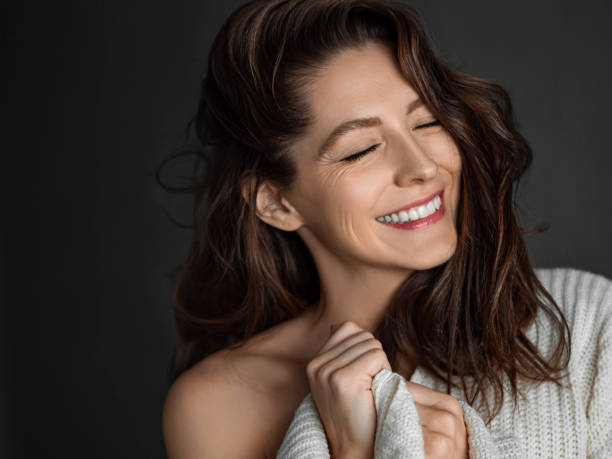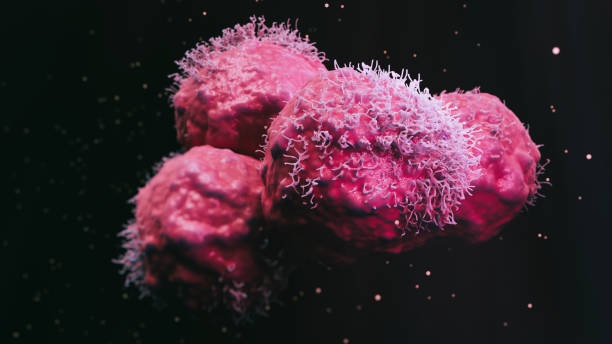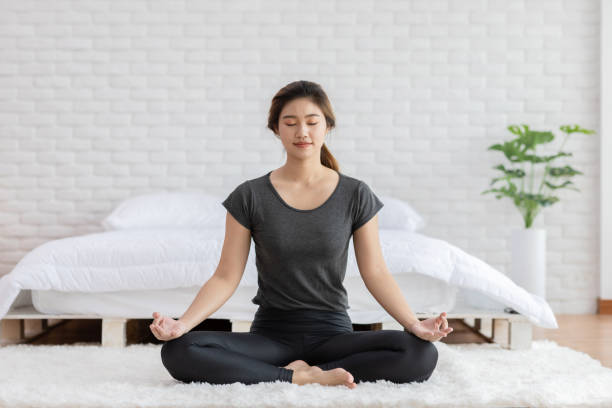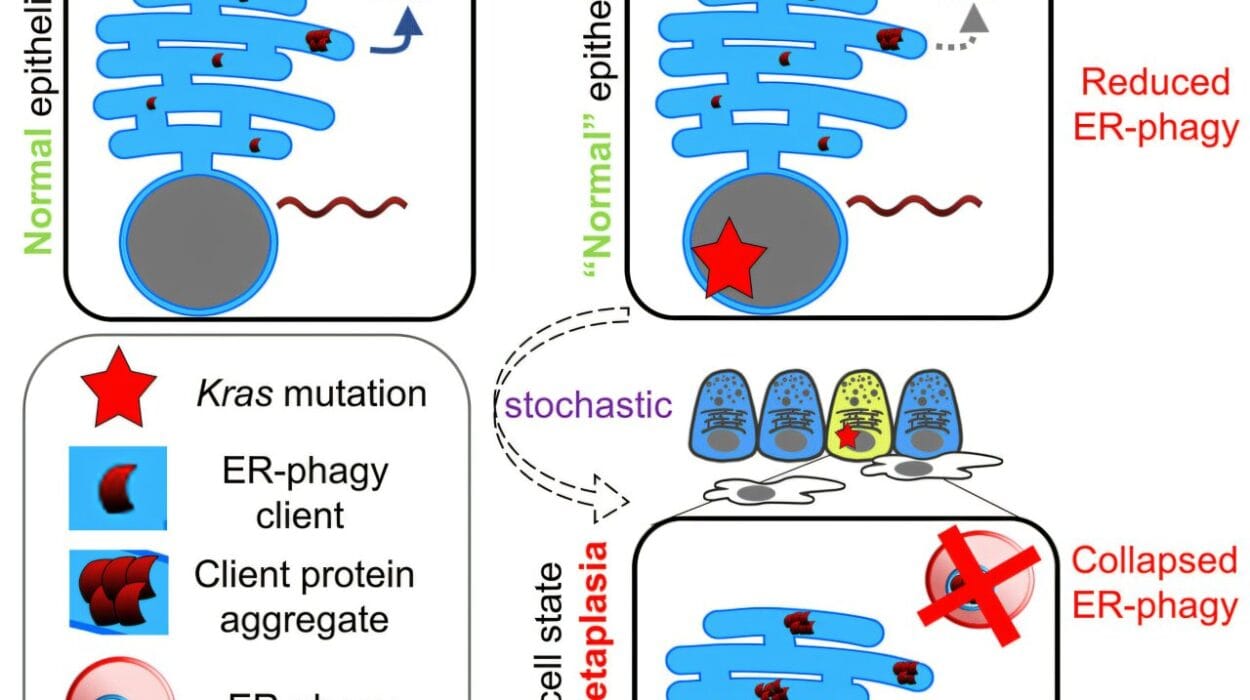Aging is one of life’s most natural processes, yet it is often met with resistance, fear, and misunderstanding. For women, aging can feel especially complex because it is influenced not only by biological changes such as hormonal shifts and menopause but also by cultural pressures that glorify youth. Yet, aging does not need to be a story of decline. It can be a narrative of strength, wisdom, vitality, and fulfillment.
The difference lies in how we age. Chronological age—the number of candles on the birthday cake—cannot be stopped. But biological age, the measure of how well the body and mind function, is deeply influenced by lifestyle habits. Scientists now use the word healthspan to describe the years of life spent in good health, free from disease and disability. For women, protecting healthspan means nurturing the body and mind in ways that allow them not just to live longer but to live better.
Biology may set the clock, but choices set the pace. The science of healthy aging offers practical, empowering tools that enable women to extend vitality, independence, and joy well into later decades.
The Female Body and the Journey of Aging
The female body undergoes unique transitions across the lifespan. Puberty introduces hormonal rhythms that shape fertility, metabolism, and mood. Childbearing years demand resilience and adaptation. Perimenopause and menopause bring profound hormonal changes that influence bone health, cardiovascular risk, skin elasticity, and cognitive sharpness.
Estrogen, often called the “protective hormone,” supports many systems in a woman’s body. It helps regulate cholesterol, maintains bone density, supports brain function, and even influences the distribution of body fat. As estrogen declines with menopause, risks for osteoporosis, heart disease, and cognitive decline rise. This is why lifestyle strategies are not just optional—they are vital.
Healthy aging for women must therefore take into account these biological realities, weaving together nutrition, exercise, mental health, social connections, and preventive healthcare into a holistic framework.
Nutrition: Fuel for Longevity
Food is far more than fuel—it is information for the body. Every bite delivers molecules that influence metabolism, inflammation, hormones, and even gene expression. For women seeking healthy aging, nutrition becomes one of the most powerful levers to protect healthspan.
The Power of Plant-Based Foods
Fruits, vegetables, whole grains, legumes, nuts, and seeds provide a wealth of phytonutrients, antioxidants, and fiber that reduce inflammation and oxidative stress—two processes strongly linked to aging. Diets rich in colorful plants have been shown to lower risks of heart disease, type 2 diabetes, and certain cancers, conditions that disproportionately affect women as they age.
Protein and Muscle Preservation
One of the hallmarks of aging is sarcopenia, the gradual loss of muscle mass and strength. For women, this process can accelerate after menopause. Adequate protein intake, distributed evenly across meals, helps preserve lean body mass. Lean meats, fish, eggs, beans, lentils, and dairy are all important sources.
Healthy Fats and the Female Heart
Contrary to decades-old myths, fats are not the enemy. Omega-3 fatty acids found in fish, walnuts, flaxseeds, and chia seeds support brain health, reduce inflammation, and lower cardiovascular risk. Olive oil, a cornerstone of the Mediterranean diet, has been consistently associated with longevity.
The Role of Micronutrients
Certain vitamins and minerals are especially important for women as they age:
- Calcium and Vitamin D for bone strength.
- Magnesium for muscle function and heart rhythm.
- Vitamin B12 for nerve function and energy metabolism.
- Iron for women still menstruating, and balanced intake thereafter.
Nutrition is not about restriction but about abundance—filling the plate with foods that nourish, protect, and repair.
Physical Activity: Movement as Medicine
If one habit could be prescribed as a universal medicine for aging, it would be physical activity. Exercise is not simply about maintaining weight or appearance; it is about preserving function, mobility, and independence.
Strength Training and Bone Health
Women are particularly vulnerable to osteoporosis after menopause. Resistance training—using weights, bands, or bodyweight—stimulates bone growth and maintains density. Just two to three sessions a week can dramatically reduce fracture risk while also preserving muscle mass.
Cardiovascular Health and Endurance
Walking, swimming, cycling, and dancing all improve heart and lung capacity. Regular aerobic exercise lowers blood pressure, improves cholesterol profiles, and reduces the likelihood of heart disease—the leading cause of death in women.
Flexibility, Balance, and Mobility
Yoga, Pilates, and tai chi not only enhance flexibility but also improve balance, reducing the risk of falls, a significant cause of injury in older women. These practices also bring the added benefits of stress reduction and mindfulness.
Movement as Joy
Importantly, exercise should not feel like punishment. Gardening, hiking, playing with grandchildren, or simply taking walks in nature can be just as effective for healthspan when done consistently. The key is movement that is sustainable, enjoyable, and adaptable through different stages of life.
Sleep: The Forgotten Pillar of Healthy Aging
Modern culture often glorifies busyness, but neglecting sleep is a direct assault on healthspan. Sleep is not passive; it is an active biological process in which the body repairs tissues, consolidates memories, and regulates hormones.
Women often experience sleep disturbances during perimenopause and menopause due to night sweats, hot flashes, and hormonal shifts. Chronic sleep deprivation contributes to weight gain, depression, cognitive decline, and increased cardiovascular risk.
Strategies for better sleep include maintaining a consistent bedtime routine, limiting caffeine and alcohol, keeping the bedroom cool and dark, and practicing relaxation techniques. Prioritizing sleep is not indulgent; it is essential for aging well.
Mental Health and Cognitive Vitality
The brain, like the body, requires care to age well. Depression, anxiety, and cognitive decline are common challenges for women, particularly during hormonal transitions. Protecting mental health is just as important as protecting physical health.
Stress and Its Silent Toll
Chronic stress accelerates aging at the cellular level by shortening telomeres, the protective caps on DNA. Mindfulness, meditation, deep breathing, and nature exposure all reduce stress hormones and restore balance.
Cognitive Fitness
Lifelong learning, reading, solving puzzles, and engaging in creative activities keep the brain sharp. Social interaction is equally vital; loneliness has been shown to increase the risk of dementia and shorten lifespan.
The Hormone-Brain Connection
Estrogen plays a protective role in brain health, which is why menopause can sometimes be associated with memory lapses or “brain fog.” While this is often temporary, supporting brain health through diet, exercise, and mental stimulation is crucial.
The Role of Social Connection
Human beings are wired for connection, and women often thrive in networks of relationships. Strong social bonds are consistently associated with longer life and better health. Friendships, family ties, and community involvement act as buffers against stress, depression, and cognitive decline.
For aging women, maintaining social engagement can mean joining clubs, volunteering, mentoring younger generations, or simply nurturing long-term friendships. These connections provide not only joy but also resilience in the face of life’s inevitable challenges.
Hormonal Health and Menopause
Menopause is a natural milestone, not a disease. Yet, it often brings symptoms that challenge healthspan, including hot flashes, sleep disturbances, mood swings, and changes in body composition.
Understanding menopause empowers women to navigate it with confidence. Lifestyle habits such as exercise, balanced nutrition, and stress management ease the transition. For some, hormone replacement therapy (HRT) may be appropriate under medical supervision, offering relief from severe symptoms and protection for bones and the heart.
Menopause also provides an opportunity for renewal. Freed from reproductive cycles, many women describe a sense of liberation and clarity. With the right strategies, this stage can mark the beginning of a vibrant, fulfilling chapter of life.
Preventive Healthcare
Healthy aging is not only about lifestyle but also about proactive medical care. Regular screenings and preventive measures allow women to detect issues early and maintain vitality.
Mammograms, Pap smears, bone density scans, cholesterol checks, and blood pressure monitoring all play critical roles. Vaccinations protect against preventable diseases such as influenza and shingles. Open conversations with healthcare providers about sexual health, mental health, and menopausal symptoms are equally important.
Preventive care is not about anticipating disease but about safeguarding healthspan, ensuring that small issues are managed before they become major concerns.
Longevity and the Science of Aging
Modern science is rapidly expanding our understanding of aging. Research on cellular senescence, mitochondrial health, and inflammation is revealing pathways that influence lifespan and healthspan.
Compounds such as resveratrol, found in red grapes, and spermidine, found in whole grains, are being studied for their potential to extend healthspan. Interventions like intermittent fasting and caloric restriction show promise in enhancing longevity, though more research is needed.
For women, the future of healthy aging may include personalized medicine tailored to genetics, lifestyle, and hormonal profiles. Already, the field of precision nutrition is helping women choose diets that best support their unique biology.
Spirituality and Purpose
Beyond biology and lifestyle, there is another dimension to healthy aging: meaning. Women who maintain a sense of purpose—whether through faith, creativity, service, or passion projects—tend to live longer and healthier lives. Purpose gives resilience, helps weather adversity, and infuses aging with dignity and joy.
The Beauty of Aging Gracefully
Aging is often portrayed as something to fight against, but in truth, it can be embraced. Wrinkles tell stories of laughter and perseverance. Gray hair is a crown of wisdom. Every stage of life offers new opportunities for growth, learning, and fulfillment.
To age gracefully is not to deny aging but to honor it—to nurture the body with care, the mind with curiosity, and the spirit with compassion. For women, this means stepping into later decades with strength, vitality, and confidence, redefining what it means to grow older.
Conclusion: A Life Well-Lived
Healthy aging for women is not a single habit or one-size-fits-all formula. It is the sum of daily choices—nutritious meals, joyful movement, restful sleep, emotional resilience, and meaningful connection. It is also the courage to seek medical care when needed, the wisdom to embrace change, and the grace to honor life’s journey.
Healthspan is not about chasing eternal youth but about maximizing the years of vitality, independence, and fulfillment. For women, protecting healthspan means living with intention, resilience, and joy—making every stage of life vibrant, purposeful, and beautiful.
Aging is not the end of the story; it is the continuation of a remarkable journey. With the right habits, women can not only add years to life but also life to years, leaving behind not only memories but also a legacy of strength, wisdom, and love.






